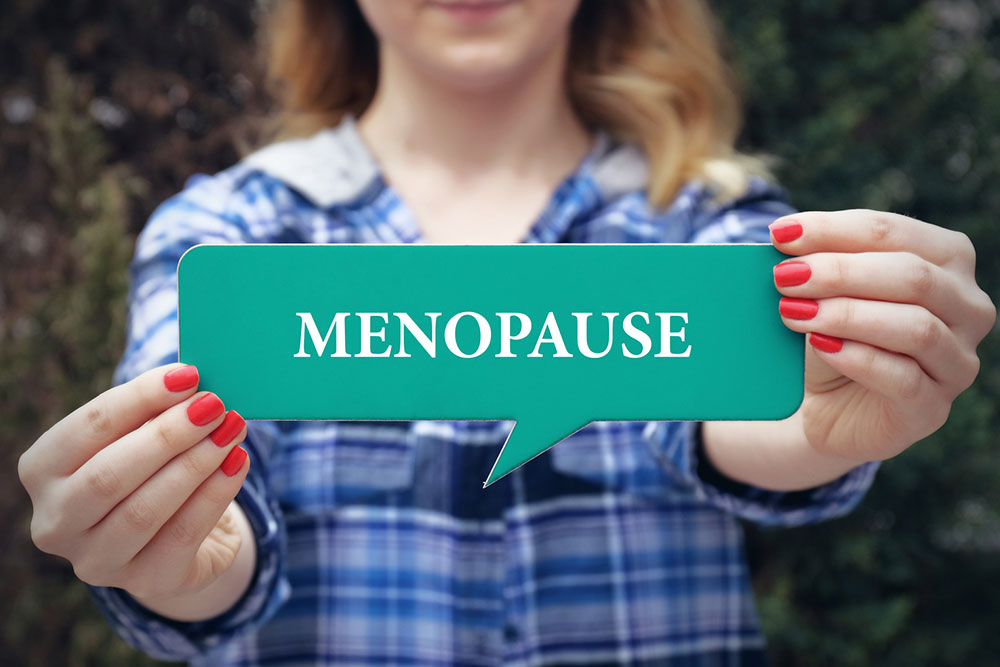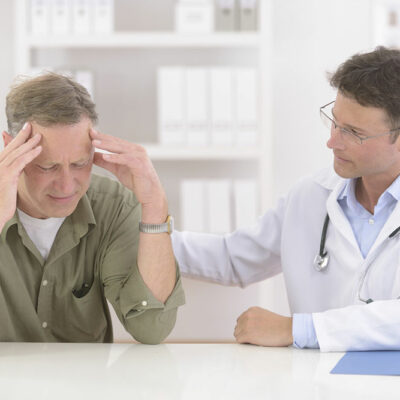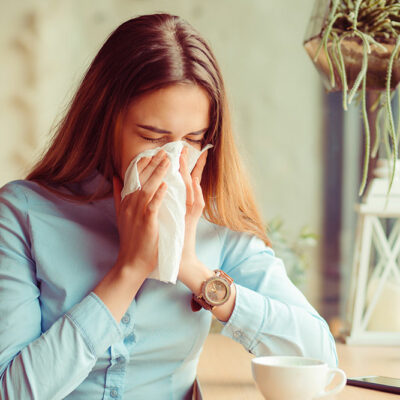
Menopause – What one should do
Menopause, a natural process in the decline of the female hormone, occurs when women are around the age of 40-55. A woman should maintain records of her own menstrual cycles and the health of her ovaries and uterus for her wellbeing. Additionally, collecting information about one’s mother and other females in the house can help one understand the symptoms better. By taking a scientific approach to the upcoming natural process, a woman can prepare herself physically and emotionally and reach out for medical support as well. For some, the onset is in the mid to late forties, while for others it could be as late as their mid-fifties. Extreme stress and strain could reverse menopause even after a couple of years and cause a woman to begin her menstrual cycle that may last for 6 months. Such occurrences are rare, but it ends up being a very painful experience.
Perimenopause
This is the time in a woman’s life where she may experience signs of menopause, like weight gain or loss, bloating, etc. Women who have had a fairly consistent menstrual cycle may suddenly begin to have irregular cycles or heavy periods. This is a sign of lowered estrogen levels and that one’s body is getting ready to end the reproductive process. The body has to now adjust to the decreasing levels of hormones. The adjusting process causes symptoms like hot flashes, mood swings, loss of appetite or craving for fat and sugary foods, chronic headaches, heightened PMS symptoms including hardening of breast tissues.
Lifestyle
From mood swings to hot flashes, a woman has to prepare for all sorts of changes. She needs to ensure that her family, partner, and children understand what she is going through and help her in this situation. She and her partner should speak openly about their sexual future, insecurities that arise due to what they hear and read from others, and consult with medical professionals if necessary. Nutrition plays an important role too. With more women willing to share their experiences, a woman can seek to form a network of a support group to guide her and offer helpful tips and advice.
Creating a supportive family, a caring support group, and maintaining a balanced healthy lifestyle will definitely help women transition into menopause with ease.
Physical activity
Young girls should be encouraged to be physically active, and practice exercises, yoga, running, etc, to stay healthy. They should continue this habit well into their young adult lives and beyond. A healthy and active lifestyle contributes to the healthy development of the ovaries and uterus.
In developing countries, women reach menopause as early as 35. Additionally, due to life expectancy, they lead a longer life in this state. Even in developed countries, where the average age for menopause is about 51, they live for about 20 more years with menopause. Thus, maintaining a healthy outlook to life becomes important.


